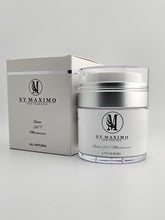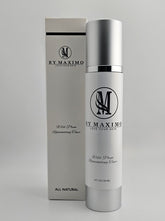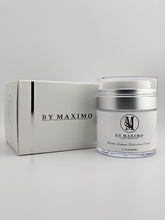How To Incorporate Essential Oils Into Your Skincare Routine.
skincare routines. Incorporating these potent plant extracts into your daily regimen can provide a range of benefits, from soothing inflammation to promoting a radiant complexion. Here’s a guide on how to effectively integrate essential oils into your skincare routine.
Understanding Essential Oils
Essential oils are highly concentrated plant extracts derived from leaves, flowers, stems, and roots. Each oil carries unique properties that can address specific skin concerns. For instance, lavender oil is known for its calming and anti-inflammatory effects, while tea tree oil is praised for its antibacterial properties that help combat acne. Understanding the unique benefits of each oil is crucial for optimizing your skincare routine.
Choosing the Right Essential Oils
Selecting the appropriate essential oils for your skin type and concerns is the first step. Here are some popular essential oils and their benefits:
- Lavender Oil: Calms and soothes the skin, reduces redness and irritation.
- Tea Tree Oil: Fights acne-causing bacteria, reduces inflammation.
- Rosehip Oil: Rich in antioxidants and essential fatty acids, helps with anti-aging and skin repair.
- Chamomile Oil: Soothes sensitive skin, reduces redness and irritation.
- Frankincense Oil: Promotes cell regeneration, helps with aging skin and scars.
- Geranium Oil: Balances oil production, improves skin elasticity.
Diluting Essential Oils
Essential oils are potent and should never be applied directly to the skin in their undiluted form. They must be diluted with a carrier oil to prevent irritation and ensure safe application. Popular carrier oils include jojoba oil, coconut oil, almond oil, and argan oil. A common dilution ratio is 3-5 drops of essential oil per tablespoon of carrier oil.
Incorporating Essential Oils into Your Skincare Routine
- Cleansing: Add a few drops of tea tree oil to your regular cleanser to enhance its antibacterial properties. This can help combat acne and keep your skin clear.
- Toning: Create a homemade toner by mixing a few drops of lavender or chamomile oil with witch hazel. This can help soothe the skin and reduce inflammation.
- Moisturizing: Enhance your moisturizer by adding a few drops of rosehip or frankincense oil. These oils can provide additional hydration and promote skin repair and anti-aging benefits.
- Facial Masks: Boost the efficacy of your DIY face masks by adding essential oils. For instance, add tea tree oil to a clay mask to help detoxify the skin, or use rose oil in a honey mask for its hydrating and soothing properties.
- Spot Treatments: Use diluted essential oils like tea tree or lavender oil as spot treatments for acne. Apply a small amount directly to the blemish to reduce inflammation and promote healing.
Safety Precautions
While essential oils can be highly beneficial, it’s essential to use them safely:
- Patch Test: Always perform a patch test before using a new essential oil to check for any allergic reactions or skin sensitivity.
- Dilution: Never apply essential oils undiluted to the skin. Always use a carrier oil.
- Sun Sensitivity: Some essential oils, like citrus oils, can increase sun sensitivity. Avoid sun exposure after application, or use them in the evening.
Conclusion
Incorporating essential oils into your skincare routine can elevate your regimen, providing natural and effective solutions for various skin concerns. By understanding the properties of different oils and using them correctly, you can harness their full potential for healthier, more radiant skin. Remember to start with small amounts, observe how your skin responds, and enjoy the journey to a more natural skincare routine.






